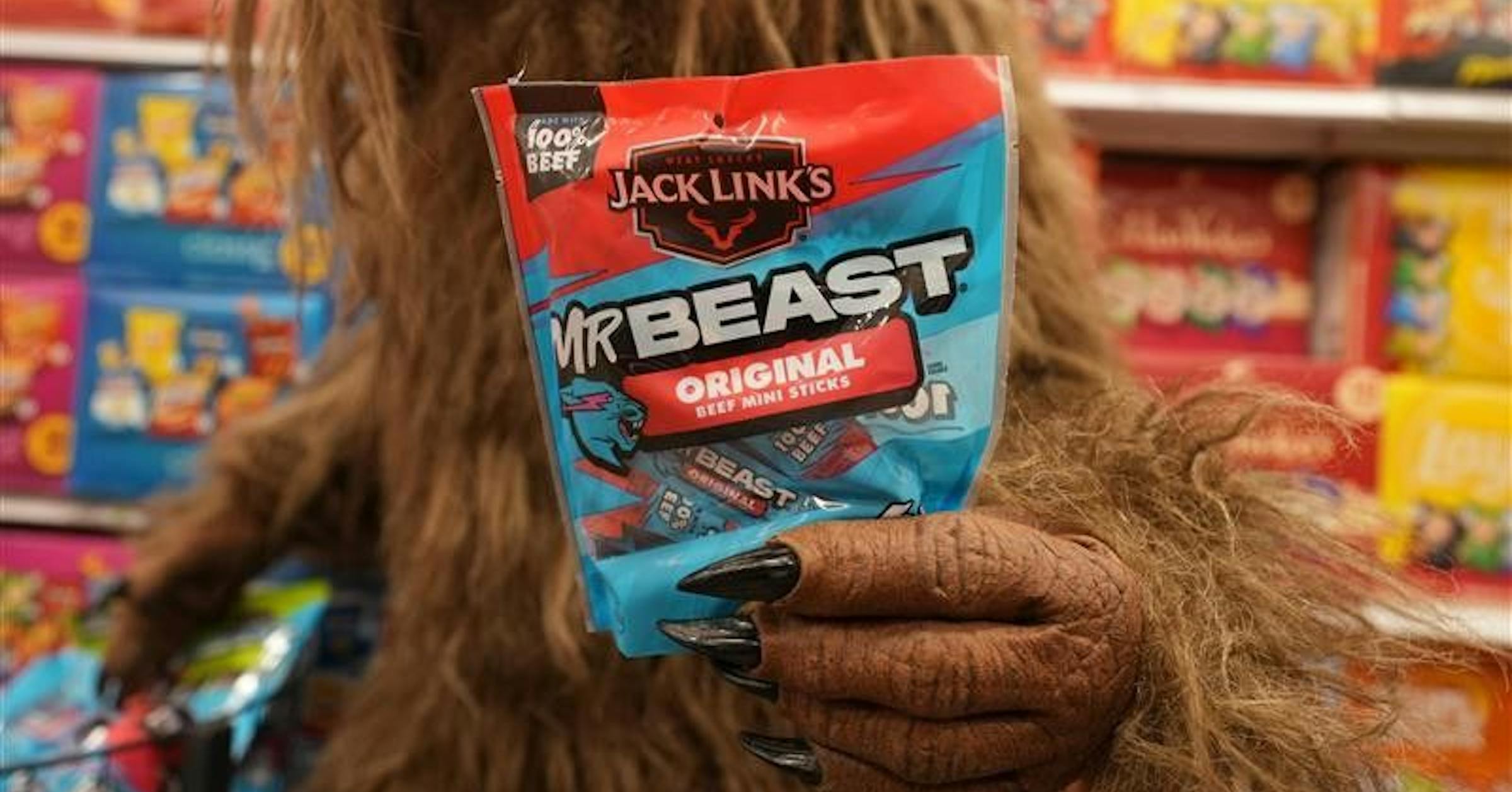
The Austin, Minn.-based Spam and Planters manufacturer is still looking to cut greenhouse gas emissions 50% by 2030, and in 2024, emissions dropped 13%. The company also reported renewable credits set off nearly all of its electricity use.
The solar farm outside of the Jennie-O Turkey Store plant in Montevideo, Minn. in 2023. (BROOKS JOHNSON)
The revamped global impact report, half the length of last year’s, also does away with demographic diversity reporting in keeping with the general shift away from DEI in corporate America.
The former goal to continue to increase its “purchasing spend annually with small and diverse businesses” is now: “Increase purchasing spend annually with small businesses through inclusive procurement practices that engage a broad range of suppliers.”
“As the world and our business continue to change, so must our approach,” CEO Jeff Ettinger and President John Ghingo wrote in the global impact report released this week. “Our reporting structure may change, but our ambition to drive meaningful, measurable progress remains constant.”
Commodity cookbook
CHS is doing what it can to keep the coffers full as commodity prices remain in the dumps, and profits (and profit sharing) remain strained. Last week, the Inver Grove Heights-based co-operative sold its 33% stake in a fertilizer facility in Indiana to Keystone Cooperative for an undisclosed sum.
“This sale is a great example of how co-operatives can work together to build something stronger for the entire system and deliver exceptional value for owners,” said John Griffith, executive vice president, ag business and CHS Hedging, in a news release.



